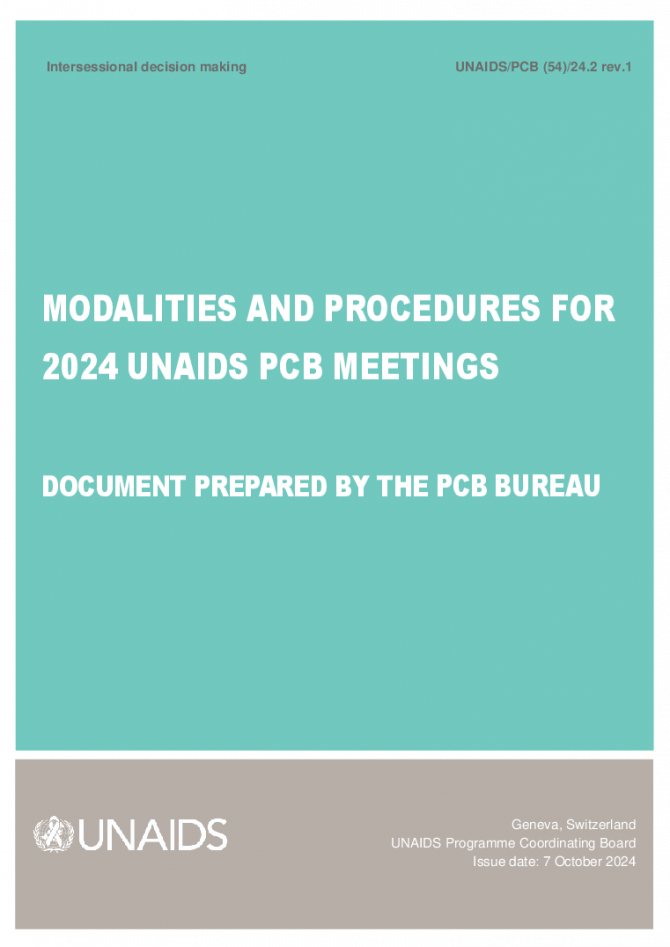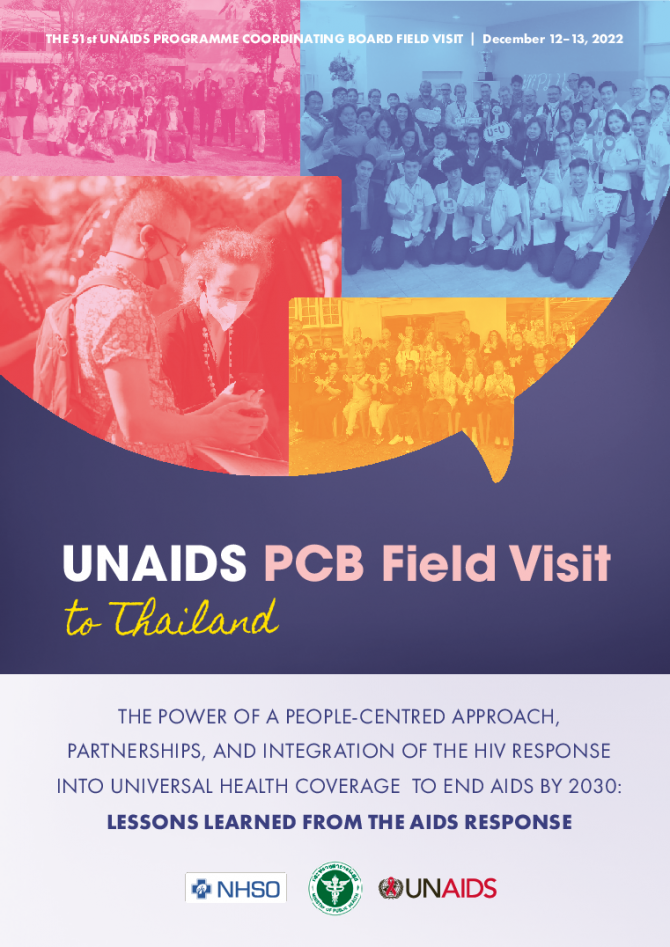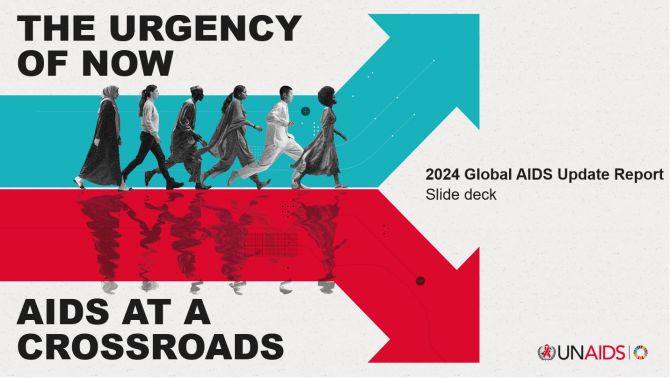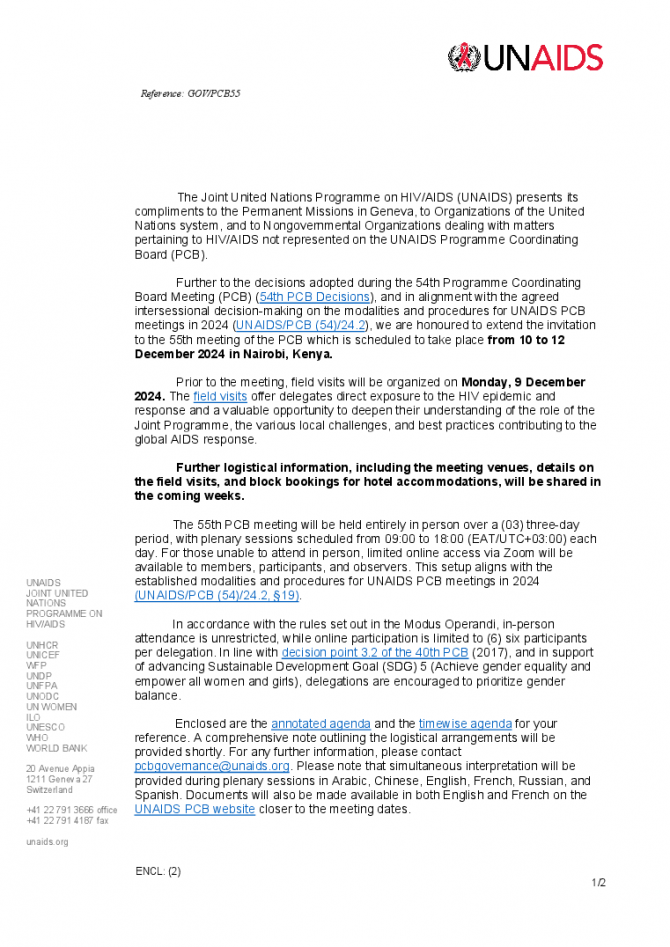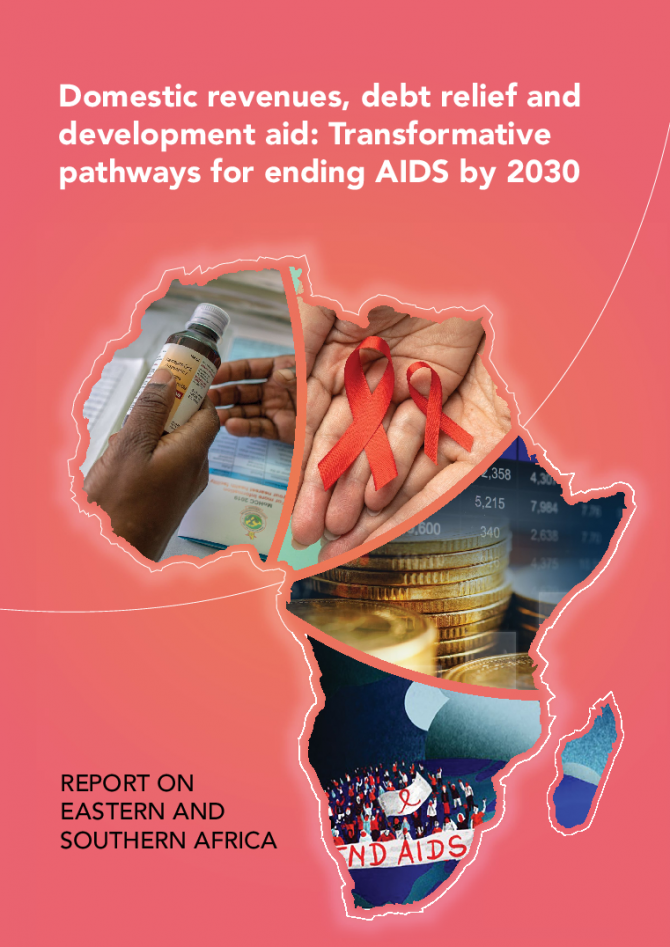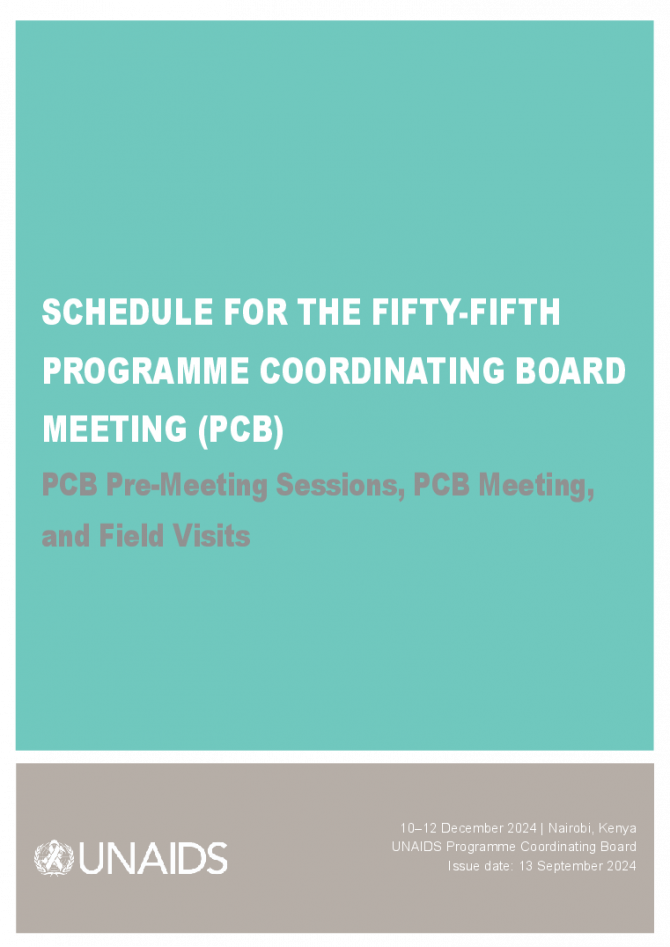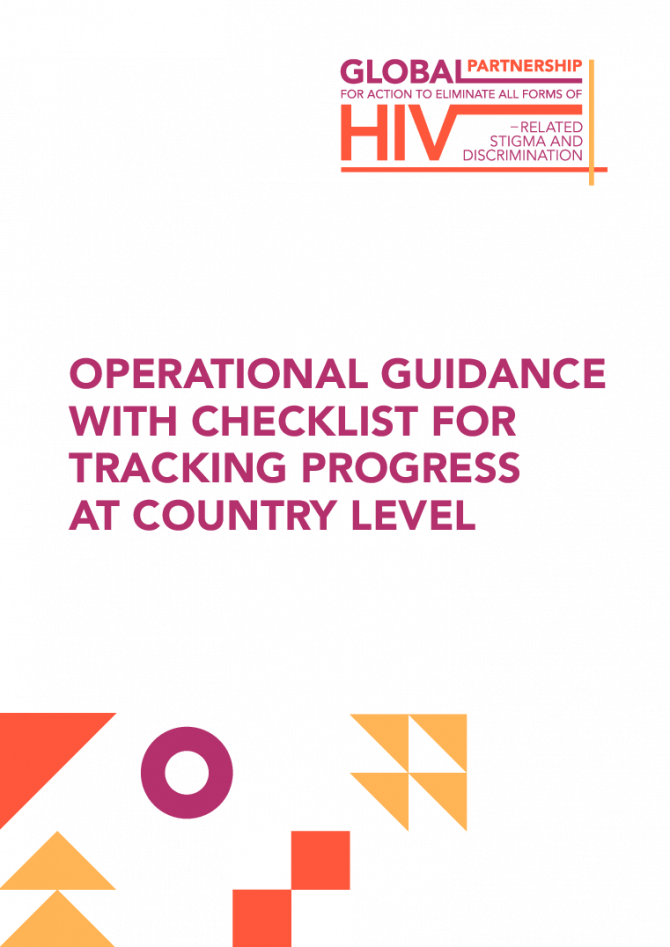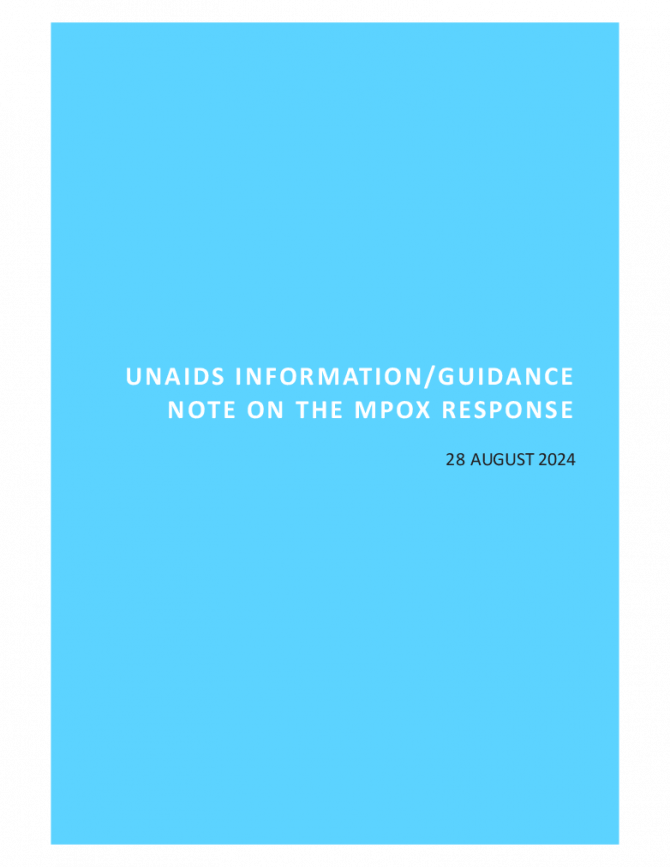Documents
Thailand 2022
13 December 2022
UNAIDS PCB-51 field visit, Thailand, 12-13 December 2022 - The power of a people-centred approach, partnerships, and integration of the HIV response into universal health coverage to end AIDS by 2030 - Lessons learned from the AIDS response. The 51st meeting of the UNAIDS Programme Coordinating Board (PCB) was hosted by the Government of Thailand (as Chair of the PCB) in Chiang Mai from December 13 – 16, 2022. It was the first time in 14 years that the board met outside Geneva and the second time it convened in Chiang Mai. During the meeting, delegates from government, civil society and the development community reviewed a range of approaches to accelerate progress to end AIDS. Among these were: the first international definition of a community-led response to a pandemic; strategies to increase the impact of the “Undetectable = Untransmittable” agenda (U=U); and innovative approaches to engaging men in all their diversity.
Documents
Equity in the HIV response: Assessing progress and charting a way forward
23 September 2024
As countries transition away from donor assistance and progress towards universal health coverage, there is growing emphasis on the importance of integrating HIV services into national health systems to support sustainability. However, given the equity advantage of the HIV response, there are concerns that many of the equity gains from HIV programmes could be lost in the transition to a more integrated, less disease focused approach unless care is taken to preserve and build on them.
Documents
Domestic revenues, debt relief and development aid: Transformative pathways for ending AIDS by 2030, Report on Western and Central Africa
18 September 2024
In the light of the substantial forecast HIV response financing gaps, it will be vital for western and central Africa to find extra funding. Three potential sources of this funding will not worsen the current debt crisis: domestic tax revenues, debt reduction, and access to adequate concessional resources.
Documents
Domestic revenues, debt relief and development aid: Transformative pathways for ending AIDS by 2030, Report on Eastern and Southern Africa
18 September 2024
Documents
Operational guidance with checklist for tracking progress at country level — Global Partnership for Action to Eliminate All Forms of HIV-Related Stigma and Discrimination
16 June 2023
This operational guidance with a simple checklist provides participating countries with a uniform and light-touch process for tracking and reporting on actions undertaken to eliminate HIV-related stigma and discrimination under the Global Partnership. It aims to advance accountability, transparency, and effective communication of the achievements of the Global Partnership at country level. Available in Portuguese
Documents
UNAIDS information/guidance note on the mpox response
30 August 2024
The purpose of this Information/Guidance Note is to provide the Joint Programme including UNAIDS and cosponsors at all levels, with guidance in drawing upon the full collective experience of the Joint Programme and engaging and supporting national mpox responses, alongside our efforts in advancing HIV service coverage, to protect people vulnerable to HIV. This guidance is produced in line with the UNAIDS Position on Pandemic Prevention, Preparedness and Response (PPPR), WHO Strategic Framework for Enhancing Prevention and Control of Mpox (2024‐2027) and the Global AIDS Strategy (2021–2026).

